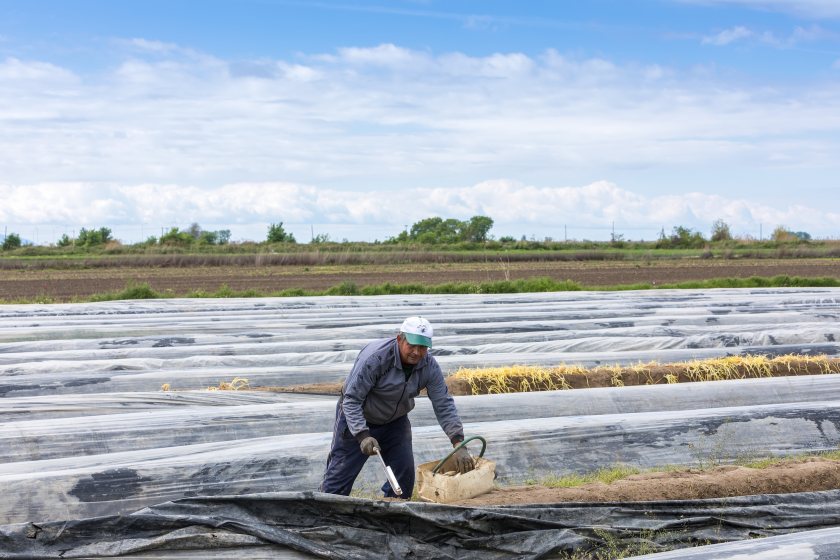Farmers win breakthrough as seasonal worker rules overhauled

Farmers have won a major victory after the government agreed to overhaul the Seasonal Worker Scheme, giving growers and overseas staff more freedom to move between harvests.
The scheme (SWS), a visa programme that allows overseas staff to help harvest UK crops, will be changed from November 2025. Horticulture workers will be able to spend up to six months in the UK within any 10-month period.
The new rule cuts the gap between visas, allowing workers to return sooner than before and helping them move seamlessly between growing seasons — from daffodils and asparagus in spring to strawberries and plums in summer.
The change follows years of NFU campaigning and is expected to ease acute labour shortages, particularly at the start of the season when the old rules left many crops without enough hands to harvest them.
The union has also urged ministers to extend similar flexibility to seasonal poultry workers to help meet demand across that sector.
NFU Horticulture and Potatoes Board Chair Martin Emmett welcomed the decision: “This is a significant achievement and something we’ve long been campaigning for.
"It gives workers and employers the flexibility needed for the unpredictability that can often come with farming and growing.”
He added that the change will not only help businesses but also support those on the scheme: “This will also help workers, who are a vital part of our industry, to maximise their earning opportunities, as well as boosting confidence among farmers and growers.
"To strengthen this further, it’s essential the government confirms the SWS 2026 visa allocation as soon as possible, giving growers the certainty they need that enough workers will be available for next year’s harvest.”
While the NFU hails the reform as a breakthrough, it warns that the stakes remain high. Previous labour shortages have already forced growers to leave fruit and vegetables unpicked in the fields.
The union insists that securing a reliable seasonal workforce is critical to ensuring British produce makes it from farm to table.








